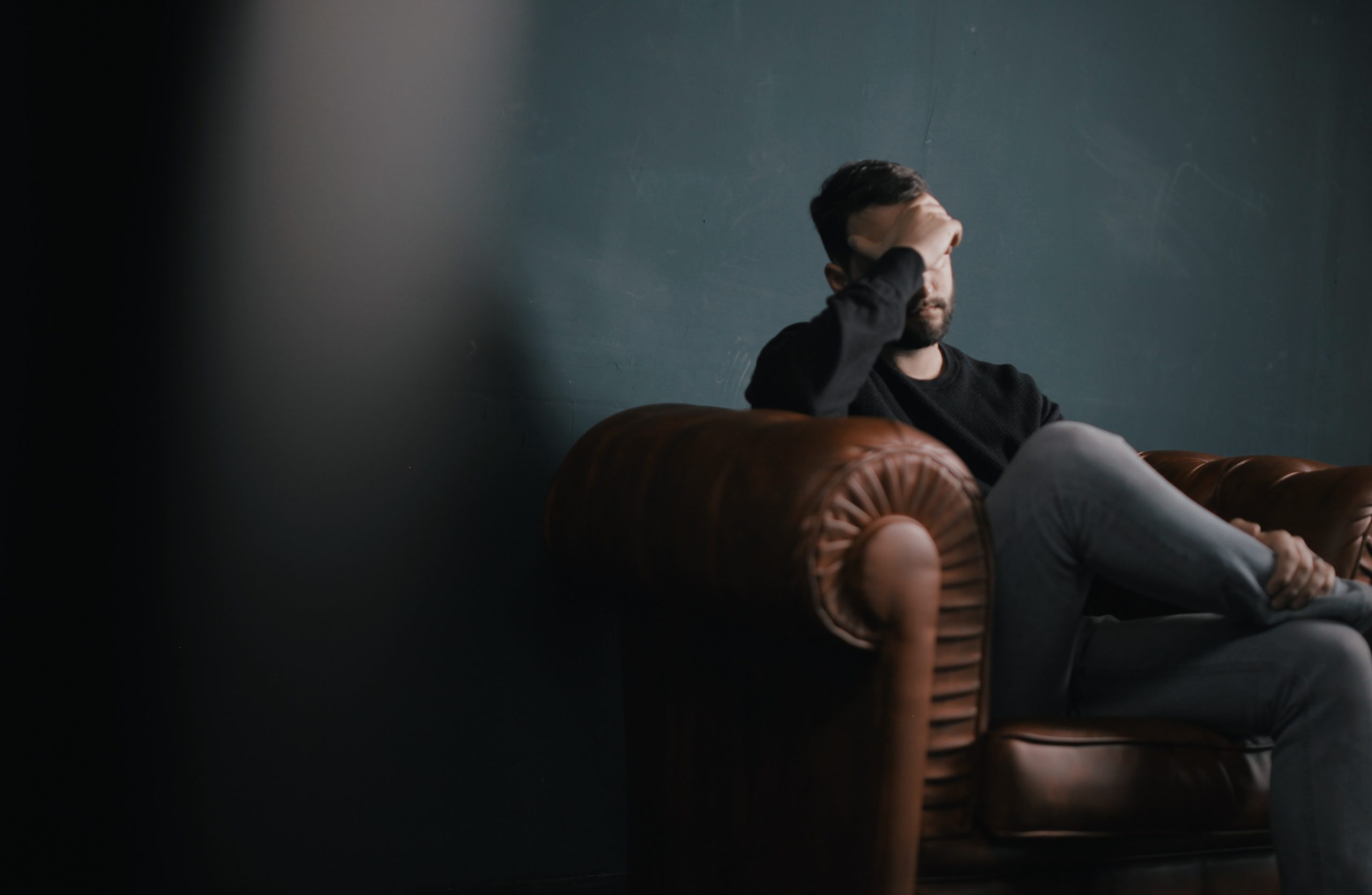3 Lifestyle Tips for Post-Concussion Syndrome

After a head injury, people may suffer from symptoms of concussions. These symptoms typically disappear between 7 and 10 days. But what happens when these symptoms persist?
This is known as post-concussion syndrome and it can last months and even years. Symptoms of post concussion syndrome include headaches, insomnia, dizziness, concentration difficulty, fatigue, memory difficulty, irritability, and intolerance of stress, emotion, or alcohol. There are several different approaches in which naturopathic doctors may take in treating post-concussion syndrome. Dr. Mason-Wood, ND has experience supporting those with concussions and post-concussion syndrome and will use a range of modalities to get his patients feeling better.
These are a couple of basic lifestyle tips that can help people with post-concussion syndrome.
-
Limit Screen Time
- Patients with post-concussion syndrome often have increased sensitivity to noise and light. The light given off from screens, such as T.Vs, computers, and cell phones is considered blue light. Blue light activates a certain part of the back of your eye and brain which can aggravate symptoms. By reducing your screen time, you are letting your eyes rest and helping your brain recover. Reducing screen time may not be easy if your job or schooling requires you to be on a computer so there are several different ways you can get around this. You can use a red light filter on your screens (or in the meantime, turn night shift on your MacBook or iPhone) and try blue-blocking glasses.
-
Exercise
- Starting with light aerobic exercise after 1-2 days of the injury has been shown to speed up time to recovery and improve symptoms. It is believed that light exercising increases the ability of your brain to repair itself by increasing the amount of brain-derived neurotrophic factor. Make sure to pick activities that do not increase your risk of re-injury.
-
Listen to your body
- Be gentle with yourself. Listen to your body, and identify when it is telling you to rest. Step away from your computer, move into a dark room, if you are having bad symptoms with a certain food or drink, avoid it and don’t put too much pressure on yourself. Honour what your body is saying and rest when you need it. This can significantly help in your recovery.
For more ways to help manage your concussion or post-concussion syndrome book an appointment with Dr. Mason-Wood, ND



